Field Trip! Visiting the Global Village at Heifer International
As I mentioned yesterday, the kids are raising money to buy some livestock for Heifer International. When I looked on the map, I saw that the Heifer has various learning centers around the country. We called and made arrangements to visit Shepherd’s Spring in Maryland. Oh my goodness, what an amazing trip we had!!! The program director was so engaging with the kids and she led us on a 3+ hour tour all around the Global Village and let the kids feed and hold some of the livestock.
Heifer International was founded in 1944. It has helped more than 125 million families in more than 125 countries. Families are gifted with some sort of livestock: a cow, pig, sheep, goat, chickens, etc. and they agree to pass the gift along to other families when their animal has offspring of its own.
We wandered down to the village and got to see some of the houses in various countries where Heifer International is involved:
Mozambique:
The lower class houses in Mozambique are small and are mostly made of materials such as sand, grass and clay. The walls are made of mud. The roof has to be replaced every one or two years. The life expectancy in Mozambique is 41.18 years.
Heifer provides families in Mozambique with goats, bees, fish, guinea fowl, ducks, rabbits, guinea pigs and draft buffalo.
The kids learned that most people cook over an open fire. And in fact, half the world’s population cook over an open fire!!
When people have enough resources, they are able to build sturdier houses. A heifer family might save their money to buy the materials needed over the course of 3-5 years. These houses still have no bathroom, electricity or running water, but the roof does not need to be replaced every year or two and there is better protection from the elements.
Refugee Camp:
The next place we “visited” was the temporary housing of a refugee camp. Neither of the girls knew what a refugee camp was, but LD was able to talk about it a bit. People displaced because of disaster or war have very little. The wood and canvas tents offer very little protection from the elements. Access to fresh food, water and other supplies can be limited. And often the camps are crowded leading to the spread of illness and disease.
As of 2009, half of the 10 million refugees were in Asia, 22% were in Africa.
After people’s needs have been met (by other organizations) and conditions are stable, Heifer works with survivors to provide livestock, training and other resources.
Thailand:
Our next stop was in Thailand. We saw a traditional stilt house. Stilts keep the house off the ground during the rainy season and provide cooling and protection from mosquito breeding grounds. Animals usually live under the house for protection. The life expectancy in Thailand is 73.1 years.
Heifer provides alternatives to the traditional slash-and-burn agricultural techniques. It also provides cows, water buffalo, pigs, chickens, fish and silk worms.
You can see the enclosure that is being made for a flock of ducks. They will also be able to find shelter under the stilt house.
Kenya:
The houses in Kenya are often small mud or concrete brick dwellings with metal or thatched roofs. Kenya has good soil, but because of the small sizes of their farms, most Kenyans have trouble raising enough crops to feed their families throughout the year. The life expectancy in Kenya is 57. 86 years.
Heifer provides families in Kenya with goats, bees, chickens, sheep, cattle and donkeys.
The kids took turns sweeping the dirt floor. The wall hangings you see are made in Kenya, but would not be hung in people’s homes. They are sold to tourists at the markets.
There was an outdoor shelter for cooking:
Appalachia:
Heifer works in the Appalachian region to support the growing, selling and eating of fresh, local foods. Heifer USA provides goats, pigs, chickens, bees, ducks, turkeys, cows, rabbits, fish, sheep and worms. The life expectancy in the USA is 78.11 years.
Guatemala:
If a family can afford them, homes are made of sturdy concrete blocks. Guatemala is a mountainous country with numerous volcanoes, a rolling limestone plateau and a narrow coastal plain. It is difficult for farmers to eke out a living on the rocky, barren soil.
Heifer provides animals such as chickens, turkeys, rabbits, goats, sheep, pigs, goats, worms and bees.
At this house, we talked a lot about how difficult it would be to have to fetch water from the local water source. In one of the pictures below, you can see LD lifting the heavy 6-gallon water container.
Animals:
The animals that are gifted in other countries are purchased locally, but for educational purposes the Heifer learning center we visited had livestock the kids could feed and hold. The chickens hadn’t come in yet, but they did get to interact with the other animals. The kids obviously loved that!!!
Our trip was absolutely wonderful. The director of the program was incredible! They do overnight stays and learn experiences with older groups, though just the visit was well worth it! If you are interested in trying to find if there’s a Global Village near you, here are some of the locations:
Heifer Learning Centers
Heifer Village in downtown Little Rock, Arkansas
Heifer Ranch in Perryville, Arkansas
Overlook Farm in Rutland, Massachusetts
Heifer Global Village Site Sponsors
Howell Nature Center in Howell, Michigan
Shepherd’s Spring in Sharpsburg, Maryland
You might be interested in reading yesterday’s post about our service project to raise money for some livestock. Check out the kids’ beautiful art work!
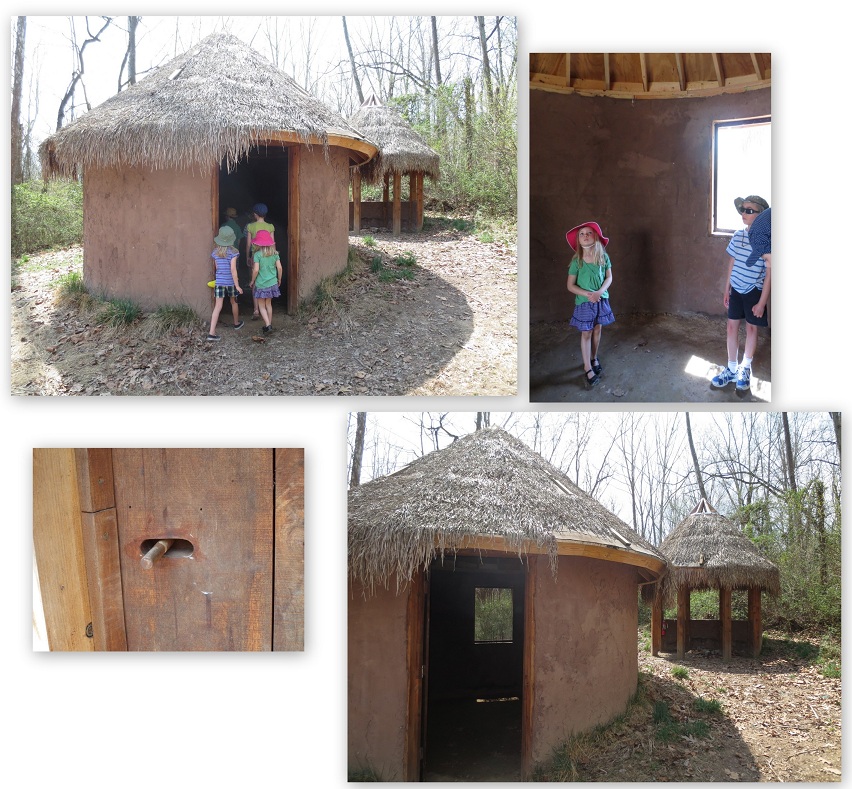
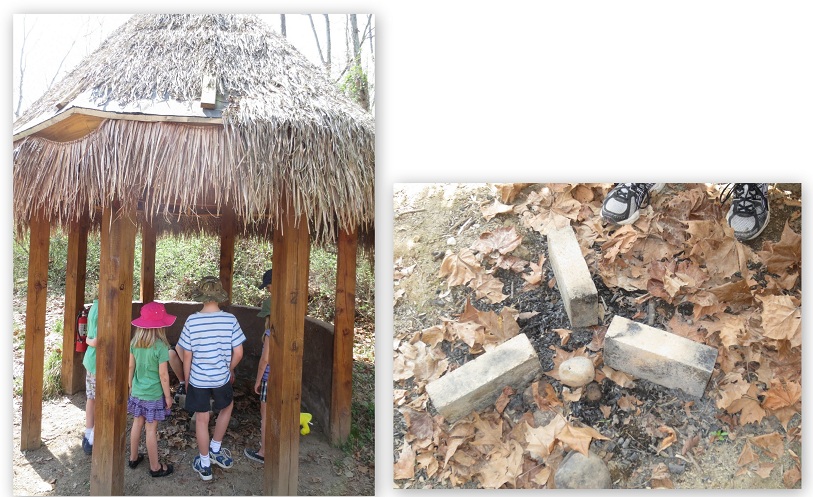
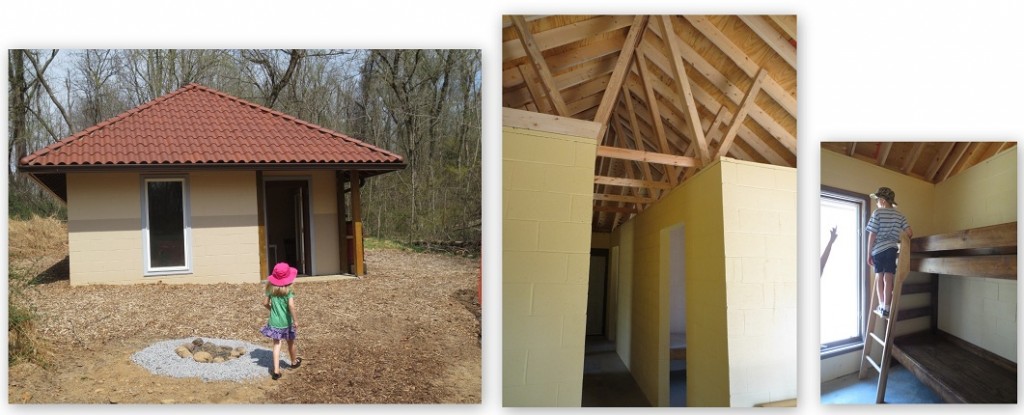
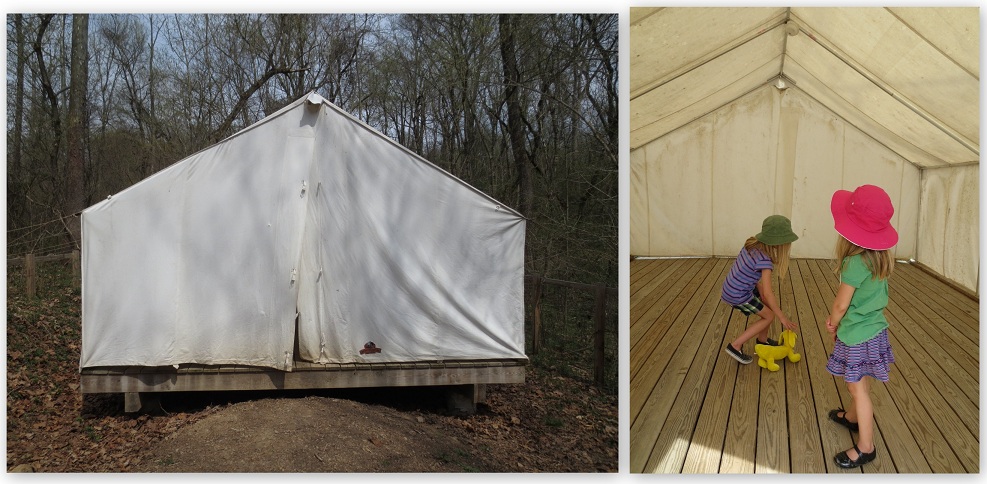
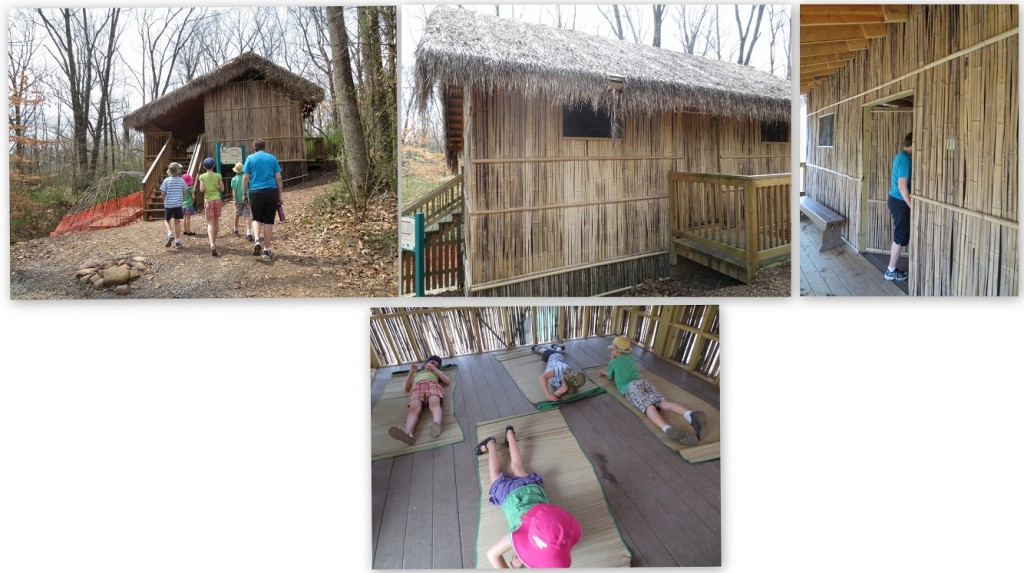
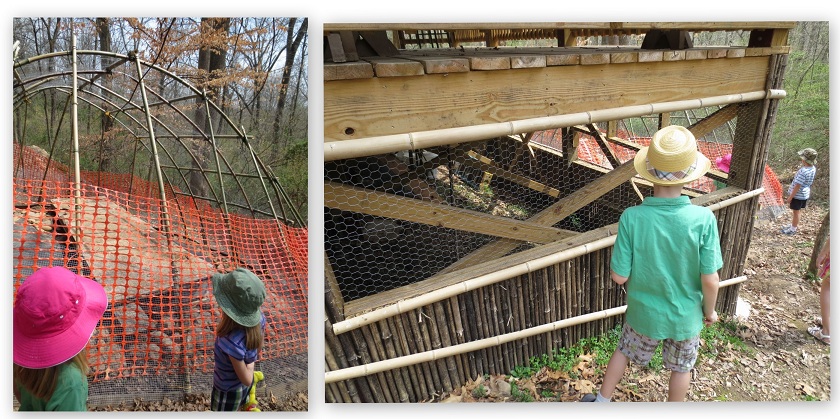
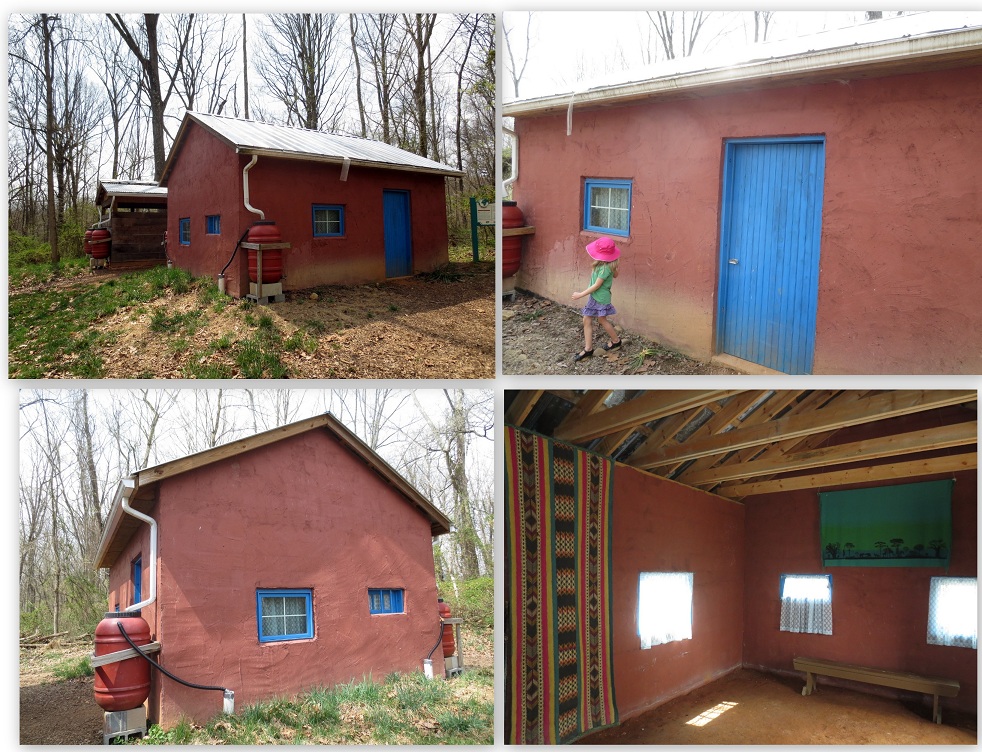
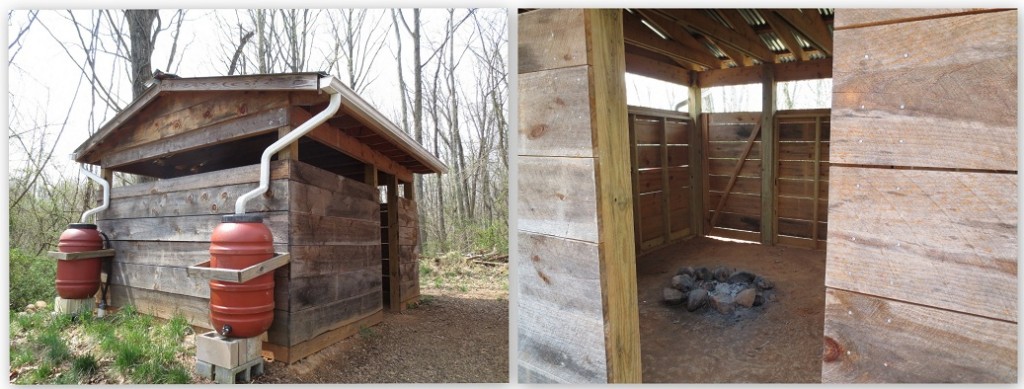
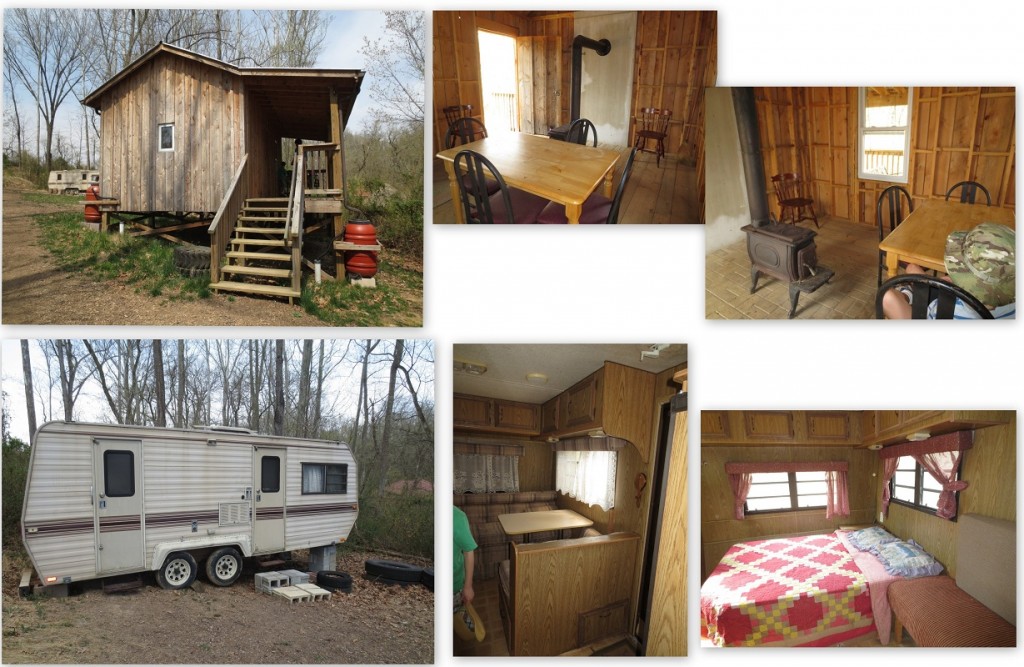
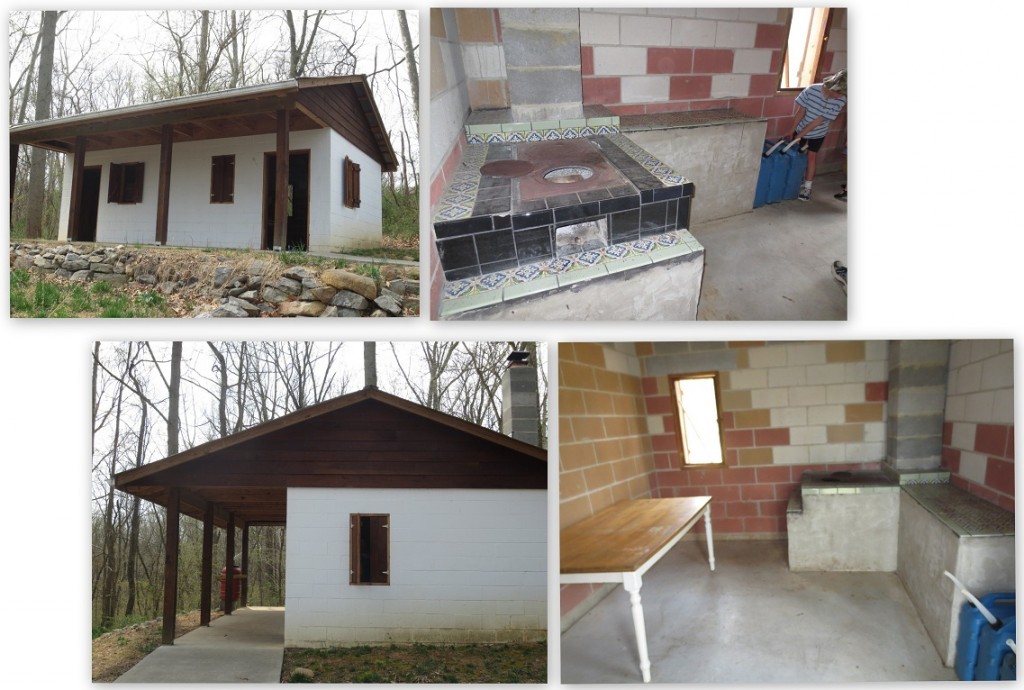
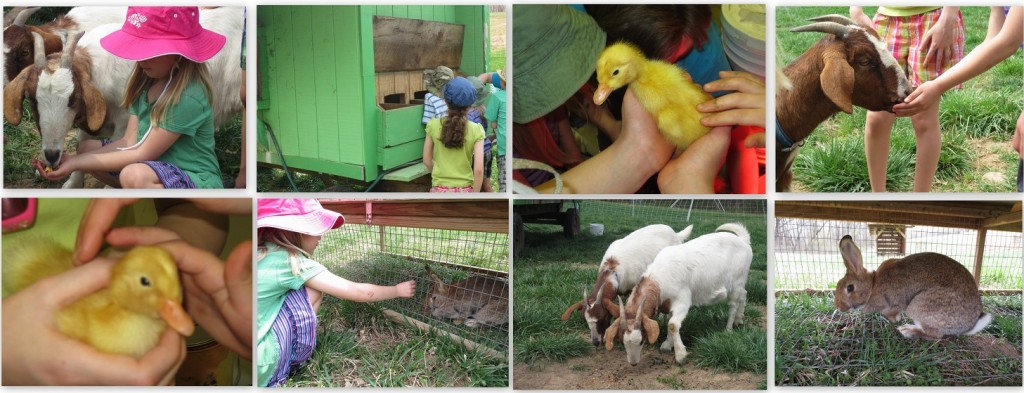

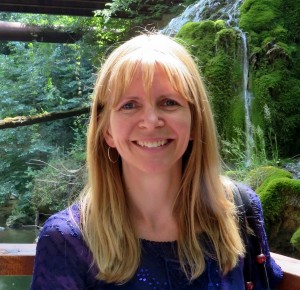

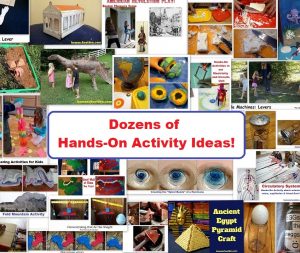



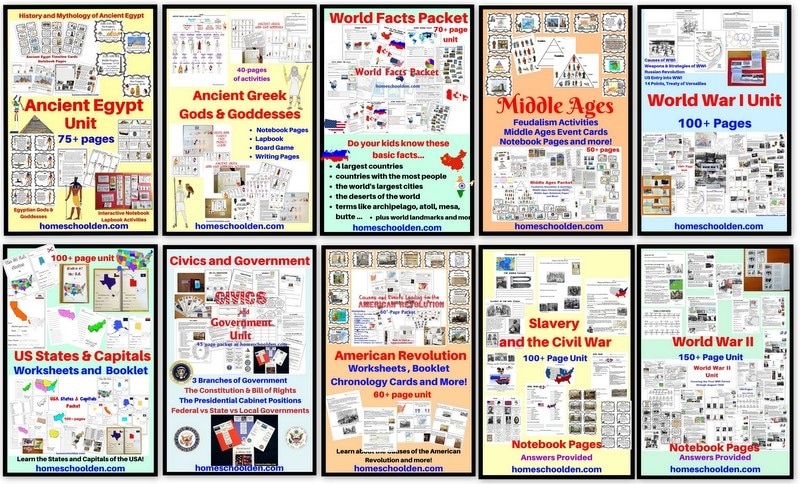
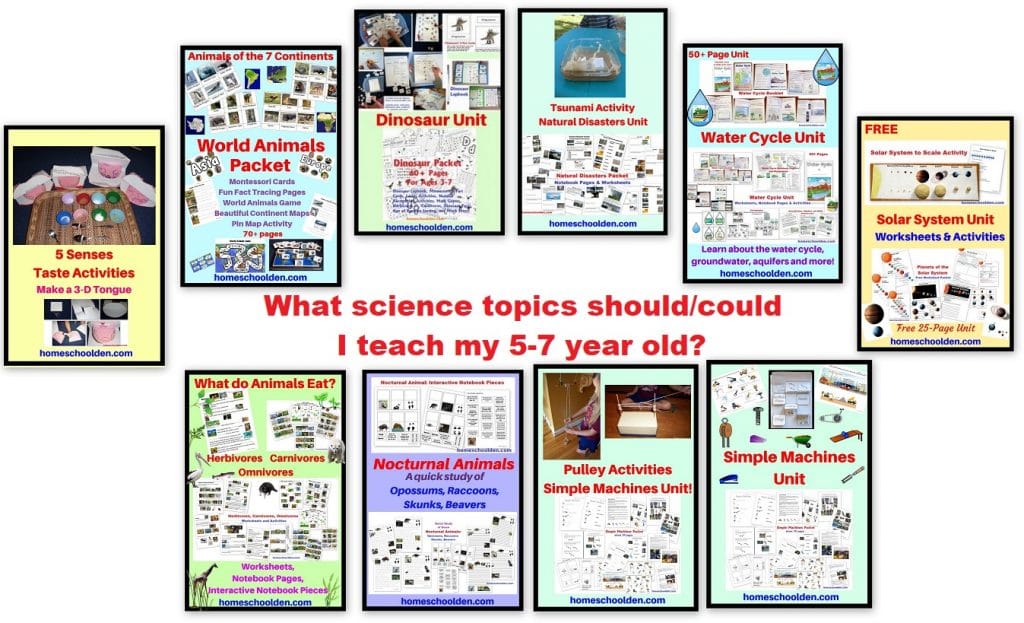

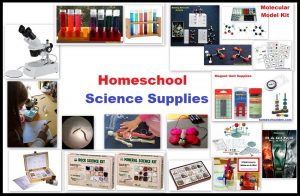




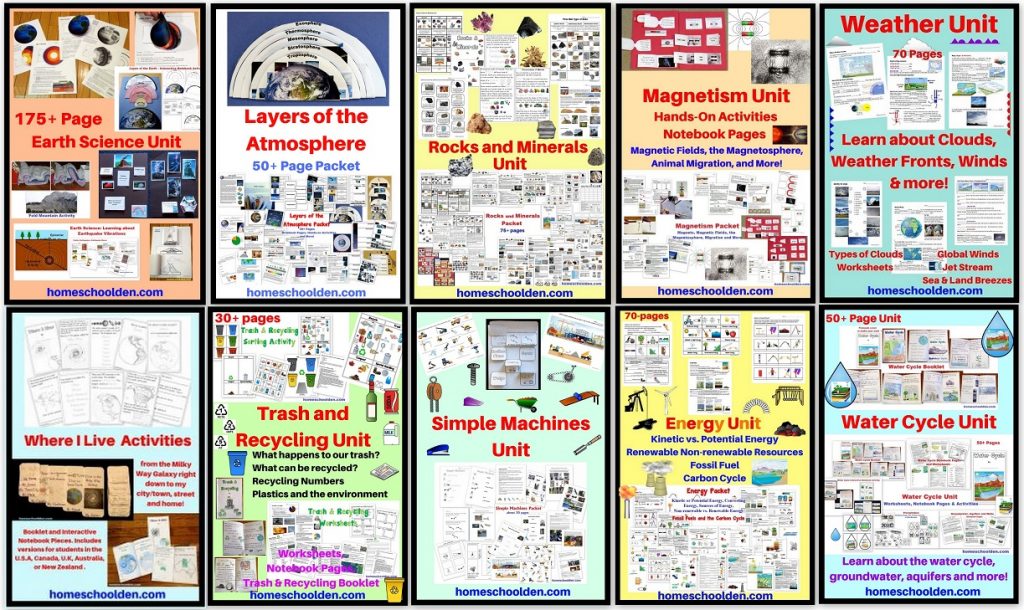

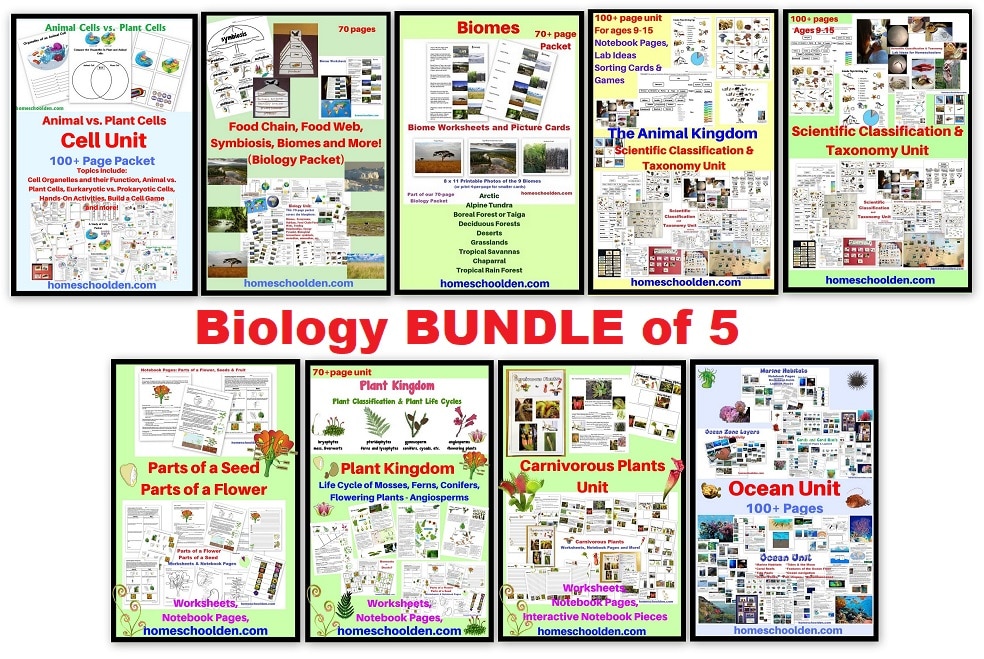
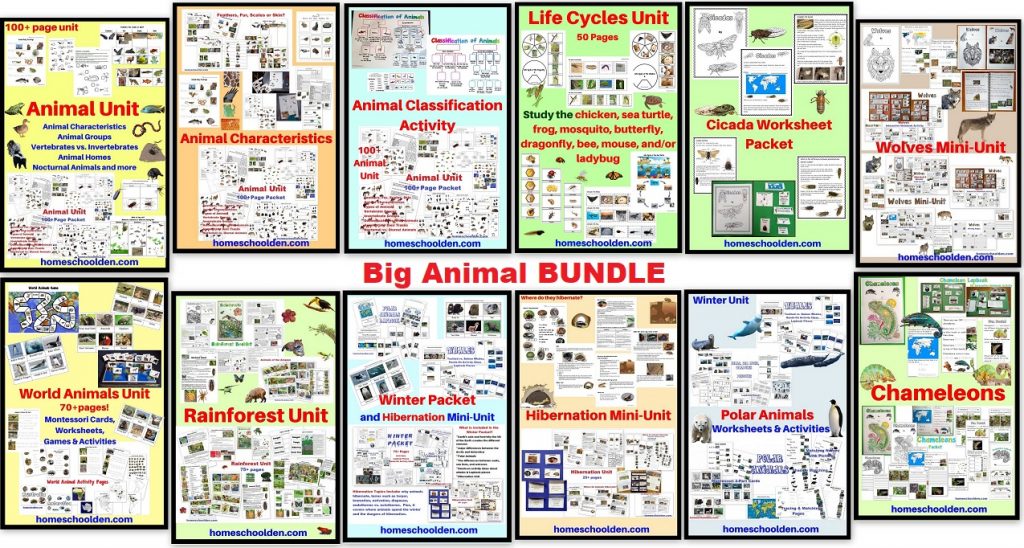
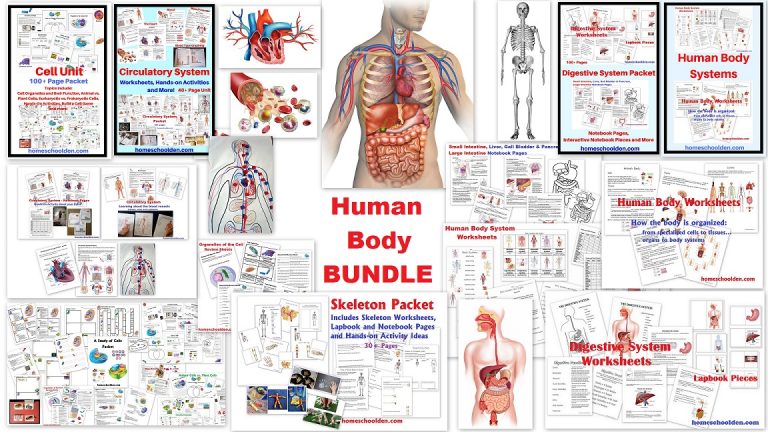






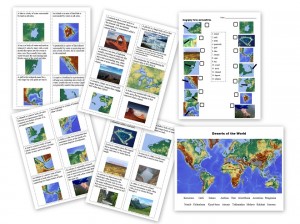






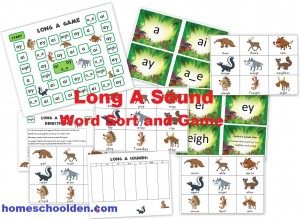
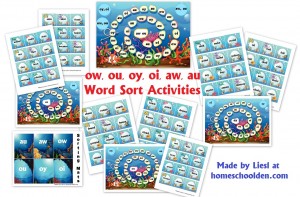
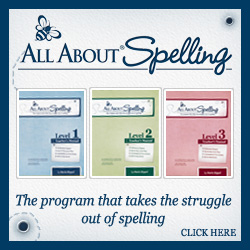

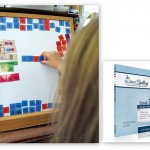
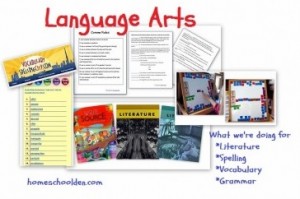
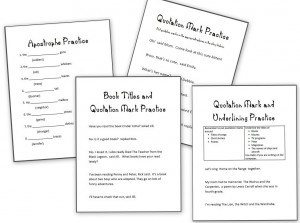





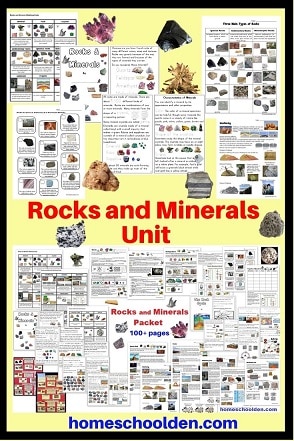

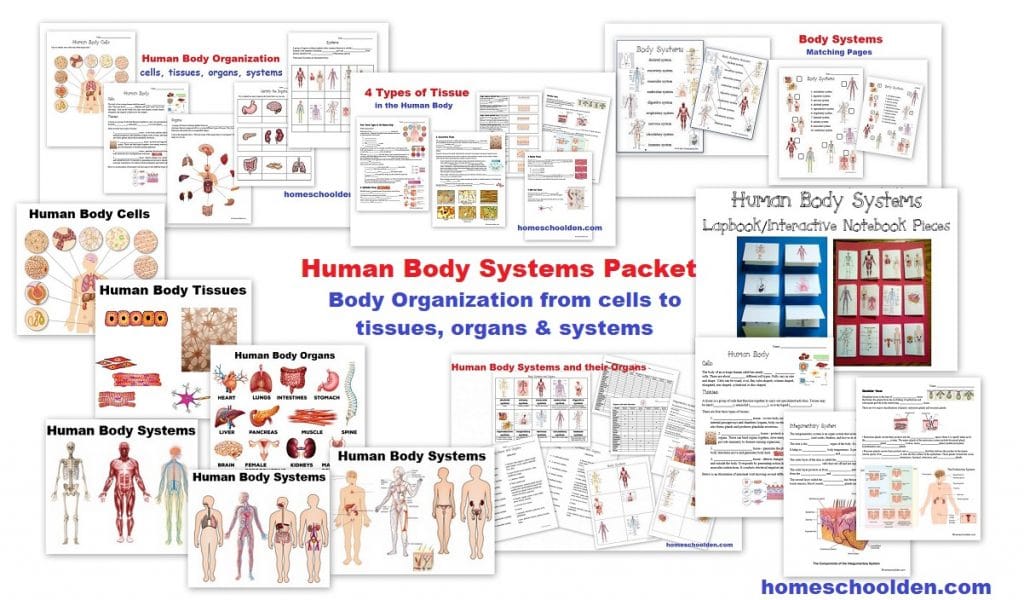

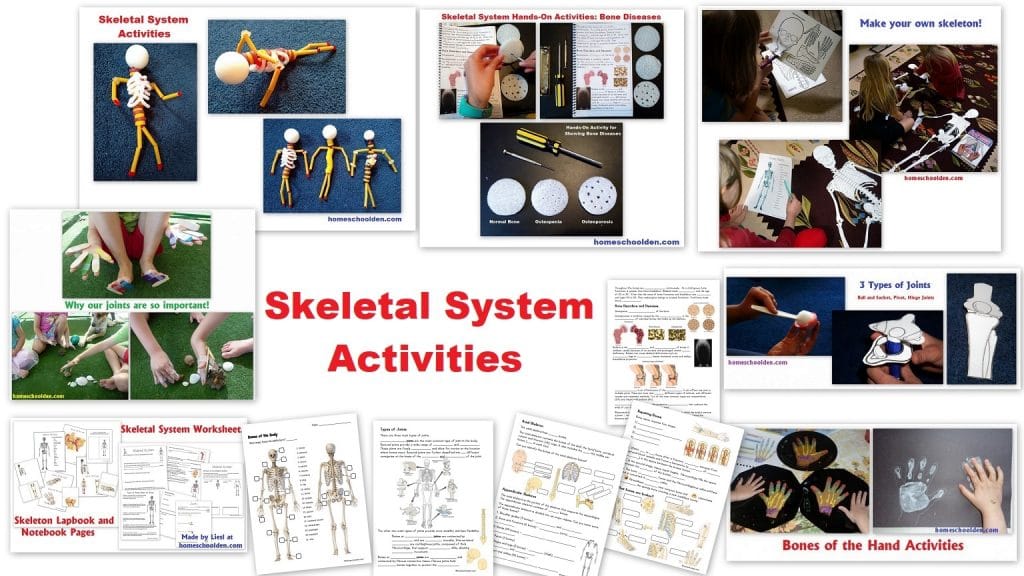
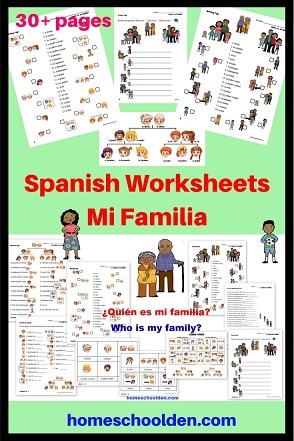

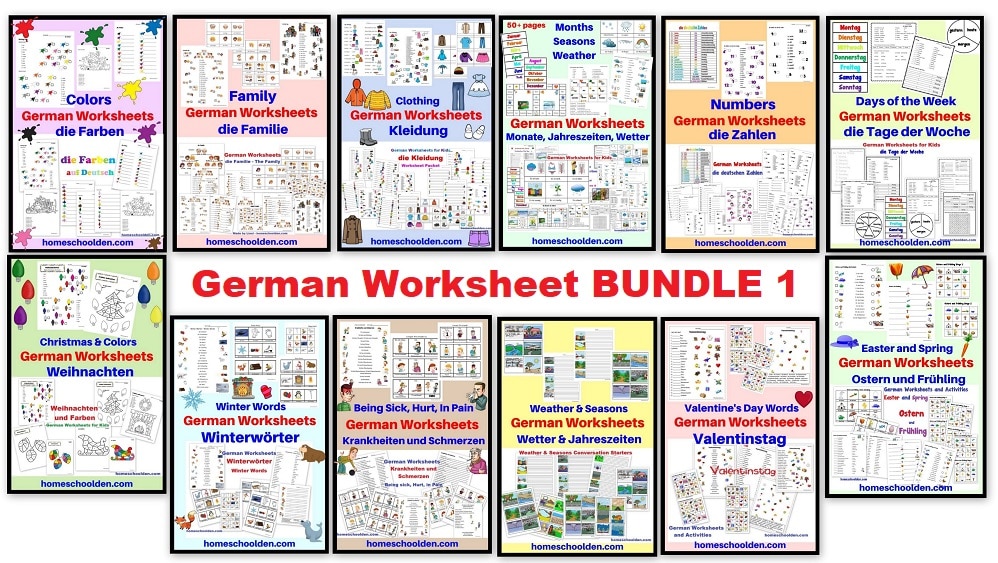

7 Responses
[…] Field trip: Visiting the global village (Parents.com ) […]
[…] awesome post by Liesl Den on http://www.parents.com with even-more-awesome photos of a trip to a Heifer Global Village at […]
[…] awesome post by Liesl Den on http://www.parents.com with even-more-awesome photos of a trip to a Heifer Global Village at […]
[…] project into that or in a separate area. But, since the kids both mentioned our trip through the Global Village at Heifer International as one of their favorite, most memorable parts of our unit on Africa, I just had to mention it. […]
[…] project into that or in a separate area. But, since the kids both mentioned our trip through the Global Village at Heifer International as one of their favorite, most memorable parts of our unit on Africa, I just had to mention it. […]
[…] Global Village, Heifer International (Maryland) […]
[…] Global Village, Heifer International (Maryland) […]